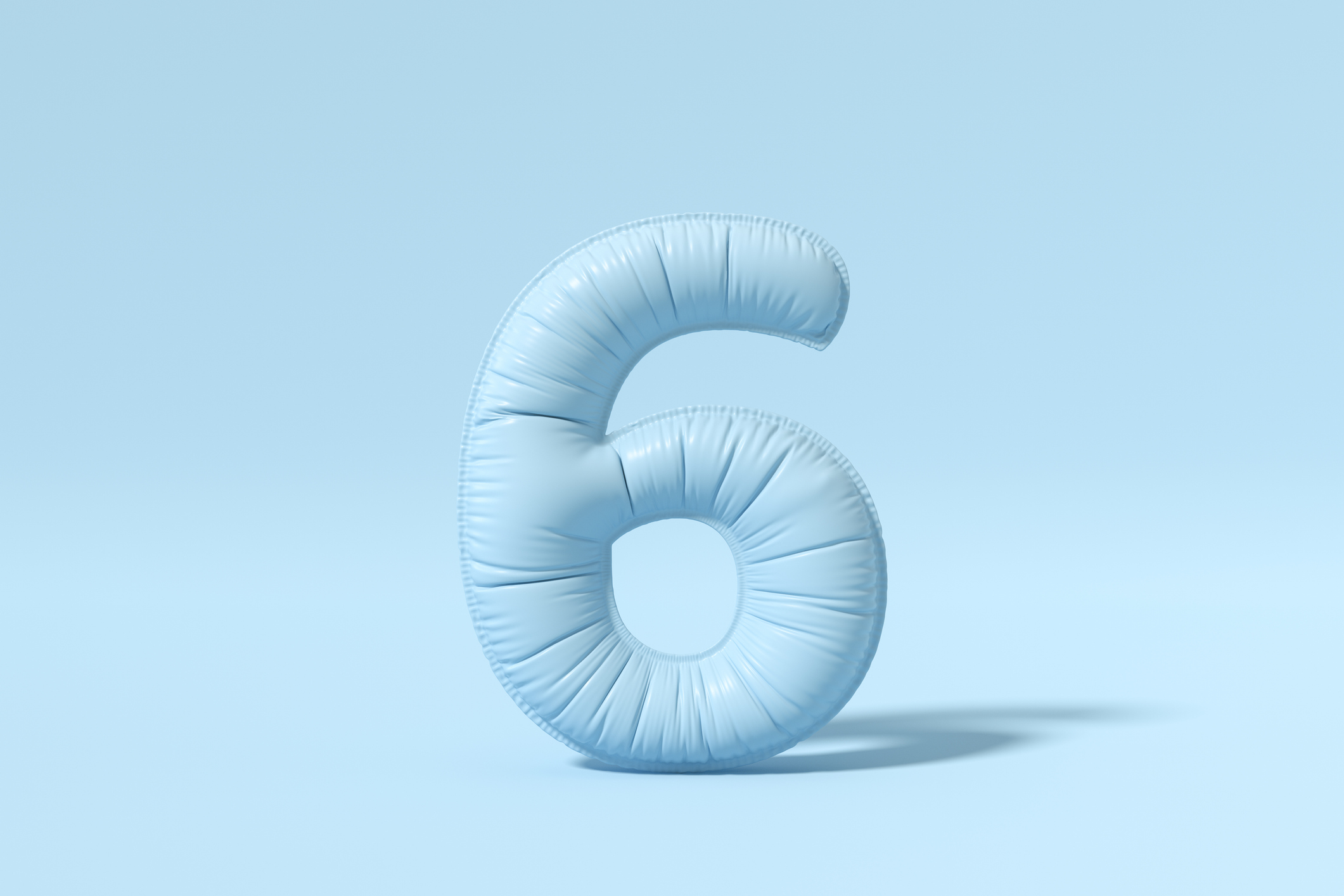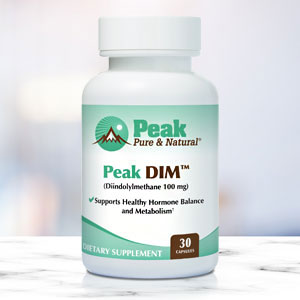Get Easy Health Digest™ in your inbox and don’t miss a thing when you subscribe today. Plus, get the free bonus report, Mother Nature’s Tips, Tricks and Remedies for Cholesterol, Blood Pressure & Blood Sugar as my way of saying welcome to the community!
6 reasons you shouldn’t get testosterone therapy

The biggest complaints men have that often lead them to consider testosterone therapy are weight gain, lack of energy, low libido, depression, and lack of muscle tone. They have been convinced that taking testosterone therapy will solve their problems.
The makers and marketers of testosterone therapy hope you believe this myth. But the other side of the coin is more likely the truth: men have low T and/or these classic symptoms because they are overweight, don’t get enough sleep, eat a poor diet, consume too much alcohol, are sedentary, and don’t manage chronic stress.
In other words:
- These classic symptoms that drive men to think they need testosterone therapy are the result of lifestyle choices, not low testosterone.
- While it is true that testosterone levels decline somewhat with age, lifestyle changes and not testosterone therapy is the way to tackle the classic symptoms.
6 reasons you should avoid testosterone therapy
Here are the six types of men who should not take testosterone therapy unless they have eliminated and/or addressed all the lifestyle factors that could be causing their symptoms. These are the men upon whom all the internet, magazine, and TV ads are focused. Are you one of them?
- Low T and symptoms: All you need to do is to make lifestyle changes that are relevant to you.
- Low T and no symptoms: Same thing here… even with no symptoms as yet, you can alleviate them by making lifestyle changes that are relevant to you.
- Low T, symptoms, and overweight. Make lifestyle changes that are relevant to you, with special attention to becoming lean again. Men who are overweight and who drop their excess pounds can experience a significant rise in their testosterone levels. A study of nearly 900 men with pre-diabetes showed that weight loss reduced the prevalence of low T by nearly 50 percent. Without a doubt, this is the #1 foundation of L-therapy.
- Normal T and symptoms. Normal T isn’t the be-all-end-all… Make lifestyle changes that are relevant to you and you will probably boost testosterone into the optimal range while you reverse the symptoms.
- Normal T, symptoms, and sleep-deprived. Make lifestyle changes that are relevant to you, with special attention to stress, relaxation and sleep. A study in the Journal of the American Medical Association reported on the impact on testosterone levels when men were sleep-deprived. The authors found that T levels declined by 10 percent to 15 percent among men who were sleep-deprived for one week. Adequate sleep (7-8 hours nightly) is necessary for the healthy production of testosterone.
- Cosmetic/vanity reasons: Do you really think testosterone therapy will make you look like the guy in the Cenegenics ads (he’s a doctor, by the way) at 65? Even if such therapy did marginally help, are you willing to risk the serious side effects associated with its use? My friend who takes T for cosmetic reasons is a newly single Newport Beach guy on the dating hunt. He was already 11% body fat before he started T therapy — and he wanted to get to 9%. And you know what — he looks no different! And he is potentially setting himself up for a lifetime of health challenges and side effects.
Using L-Therapy instead of T-Therapy
The following lifestyle factors can have a hugely positive effect on your testosterone levels. Take a look to see which ones you can change to help improve your testosterone levels and eliminate your symptoms?
- Healthy diet. This term has been co-opted by the mainstream to mean “low fat, whole grains and cardio training.” Don’t believe that load of bull. It’s what’s been making men unhealthy for more than 50 years. Instead, focus on a diet that is based on whole, natural foods and is low in sugar and unhealthy fats. A good example is a Mediterranean diet. In addition, some foods naturally help boost testosterone levels. Two of my friends consistently feed themselves on a diet of highly refined and processed foods and they’re always lagging. Clean up your diet and you will feel the natural energy and sexual boost that follows.
- Regular specific exercise. A combination of intense exercise and strength training (lifting heavy weights) can help boost T levels. Research shows that high intensity interval training (HIIT) can also boost T levels. One of my T-taking friends was constantly exhausted because he was doing a lot of “cardio,” or endurance exercise that has been shown to increase the adrenal load and decrease T. He was exhausted because he was training to hard and too long without adequate rest and sleep. Since cutting back on the long runs and rides he has seen his energy increase and he’s sleeping better as well.
- Maintain a healthy weight. Men who carry excess fat also can have too much estrogen, since this hormone is produced in fat cells. An imbalance in estrogen and testosterone levels is a recipe for classic low-T symptoms. Lose the excess weight (diet and exercise will definitely help) and then maintain your new, healthy weight.
- Stress management. Stress can cause low T because the stress hormone, cortisol, blocks the production of testosterone. Daily management of stress using meditation, yoga, tai chi, progressive relaxation, or whatever works for you, is highly recommended.
- Adequate sleep. Do you get at least 7 hours of sleep each night? If not, then your T levels can decline. Seven to 8 hours of sleep nightly is recommended to help maintain healthy testosterone levels.
- Limit alcohol. Drinking alcohol has two main effects on sex hormones: it lowers testosterone and raises estrogen. That’s a double whammy no guy wants! And alcohol also impairs the liver which is critical for processing estrogen and managing the amount of free testosterone that is made available in our body. Limit alcohol consumption to two drinks or less per day to help keep your liver healthy and your T levels up.
- Take supplements that can help boost nitric oxide and promote better energy and sexual health. Beetroot powder is a good source.
Bottom line
Whether your T is 200 or 1000 ng/dL is irrelevant – what matters is how you feel. I know guys with clinically low testosterone that are bouncing off the walls with energy; and others with high T that act depressed and lethargic. If you are experiencing any of the classic symptoms of low testosterone or you think you need to “treat” low T, the answer you are looking for is not T therapy; it’s L therapy — lifestyle changes. Take a look at what you can personally change that will have the greatest impact on your energy and sexual health — and commit to a program today.














